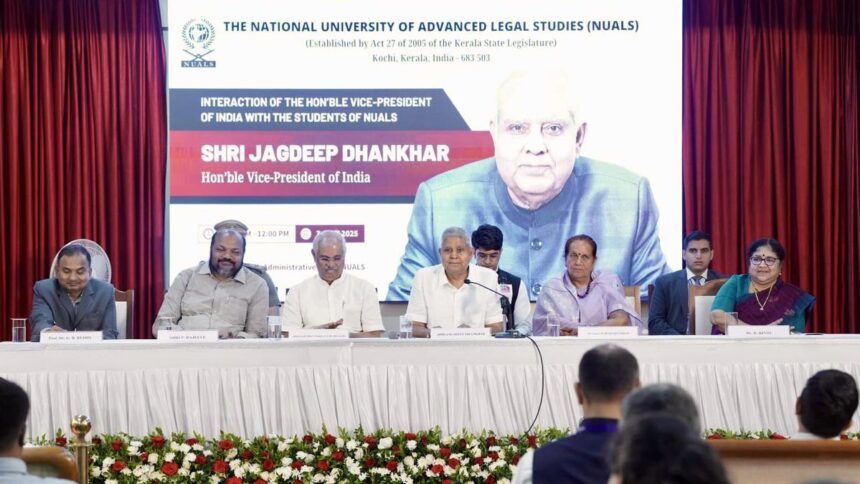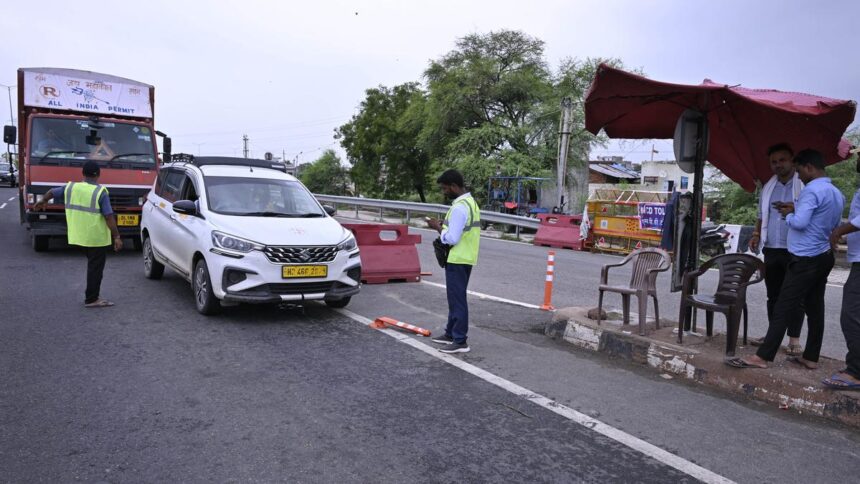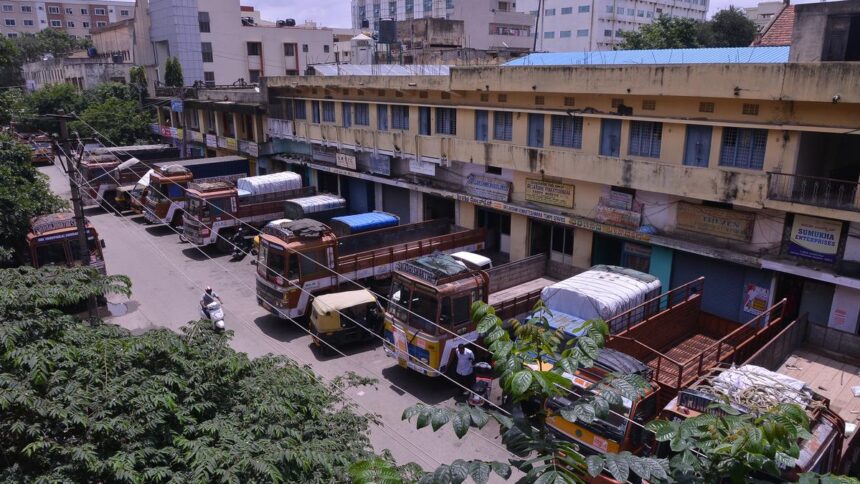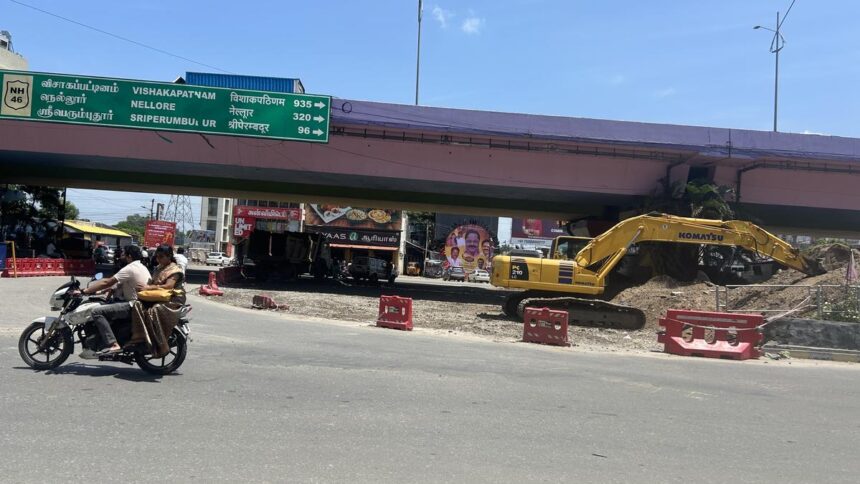
The High Court order would result in relief to thousands of small farmers who purchased and sold lands and got the deals written on plain papers.
| Photo Credit: NAGARA GOPAL
Telangana High Court on Tuesday pronounced an order permitting regularisation of unregistered land transactions made prior to 2014 through Sada Bainamas and other forms.
A bench of Chief Justice Aparesh Kumar Singh and Justice G.M. Mohiuddin passed this order disposing of a PIL petition filed five years ago seeking a direction to declare GO Ms. no. 112 which permitted regularisation of land transactions made through Sada Bainamas. The order would result in relief to thousands of small farmers who purchased and sold lands and got the deals written on plain papers and the State government as well.
Sada Bainama is a system in Telangana where unregistered land transactions are mentioned on plain papers. The PIL petition filed in 2020 challenged the State government’s decision to regularise land transactions made through Sada Bainamas. With the HC issuing an order five years ago restraining the government from regularising such transactions, thousands of farmers were worried of the validity and ownership rights of the lands sold and purchased.
Advocate General A. Sudarshan Reddy, during the previous hearing, informed the bench that the State government’s objective in bringing out the GO no. 112 was to help the small farmers who purchased or sold lands without any specific legal documents. He told the bench that the government would be empowering such farmers by ensuring that they accrued ownership rights over the lands they had purchased through Sada Bainamas.
He argued that section 6 of the Bhu Bharati Act facilitated regularisation of unregistered transactions made prior to June 2, 2014. The bench on Tuesday noted that the PIL plea filed in 2020 became infructuous. It also observed that section 6 of the new Act empowered the government to examine and process the unregistered land transactions.
Published – August 26, 2025 11:04 pm IST




















